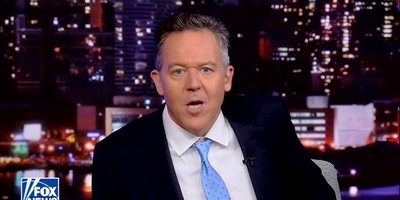After all the media hype over Governor Rick Perry's having called Social Security "a Ponzi scheme," viewers are no more informed than before as to what specifically is a Ponzi scheme, what are the objections to such schemes, and whether those same objections apply to Social Security.
Even if such questions were answered, we would still not have weighed the alternatives to Social Security. Serious issues like that cannot be covered in sound bites or with "gotcha" questions from the media.
The whole "debate" format, with far more candidates than have any realistic chance of getting the nomination, means that serious issues cannot get serious attention, because there is just not enough time with so many people. Most of what we learn from those "debates" is who is glib and fast on his feet.
We already have a president who is glib and fast on his feet. But he is a disaster when it comes to the economy, among other things. Do we need more of the same from Republicans?
We need leaders who have thought through many complex issues facing the country, not leaders with flashy words and snappy comebacks.
A real debate between two candidates, such as the famous Lincoln-Douglas debates in the 19th century, could bring out what the fundamental differences between the candidates are -- and in the process enlighten the public on issues that affect their lives. But the short attention span of today's population means that something like the Lincoln-Douglas debates would have a very small audience.
Recommended
What are called candidate "debates" today are questions from media journalists, with the time allotted for the answers being too short for anything other than quick and superficial responses. Yet, with so many aspiring candidates on stage and a fixed time limit on how long the program will be broadcast, it is hard to see how there could be a more thoughtful discussion within the confines of this particular format.
What would be far more informative would be to have an hour-long interview with each of the candidates who has some serious chance of winning the Republican nomination. That would cut the number down to two or three, and allow us to get some real idea about how deeply those two or three have thought through the weighty issues facing this country.
Not all interviewers are like the media hosts who conducted the first two candidate "debates." Interviewers like Brian Lamb or Charlie Rose -- people who try to bring out what the person who is being interviewed has to say, rather than trying to trap them with "gotcha" questions -- could get a lot of useful information out of a candidate in an hour.
That would leave the public with something to really think about, rather than just some catchy words and emotional phrases. We might even elect a president who knows what he is talking about, instead of someone with a talent for using rhetoric and striking poses.
How can we get away from the straitjacket of the current media "debate" format?
That format may serve the interests of the media by producing a fast-paced program, covering every candidate with even a remote chance of winning. But it does not serve the interest of the political party whose candidates are all diminished by being displayed in such large numbers, including many who are obviously just along for the ride, and in a setting where their attacks on each other turn them into a circular firing squad.
Either each political party can refuse to sanction "debates" in this format or the leading contenders can refuse to take part. Viable candidates are going to get covered in the media, whether they are part of a cattle show or not -- and focussing on viable candidates can end the time-wasting distraction of the also-rans.

























Join the conversation as a VIP Member